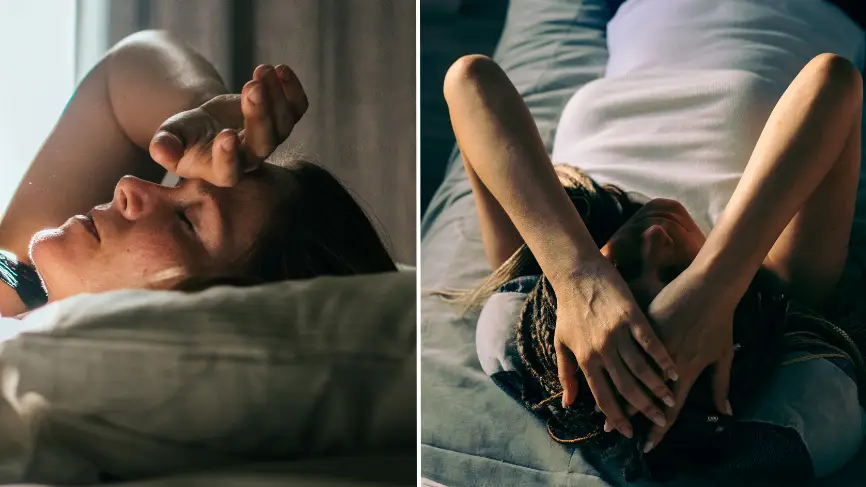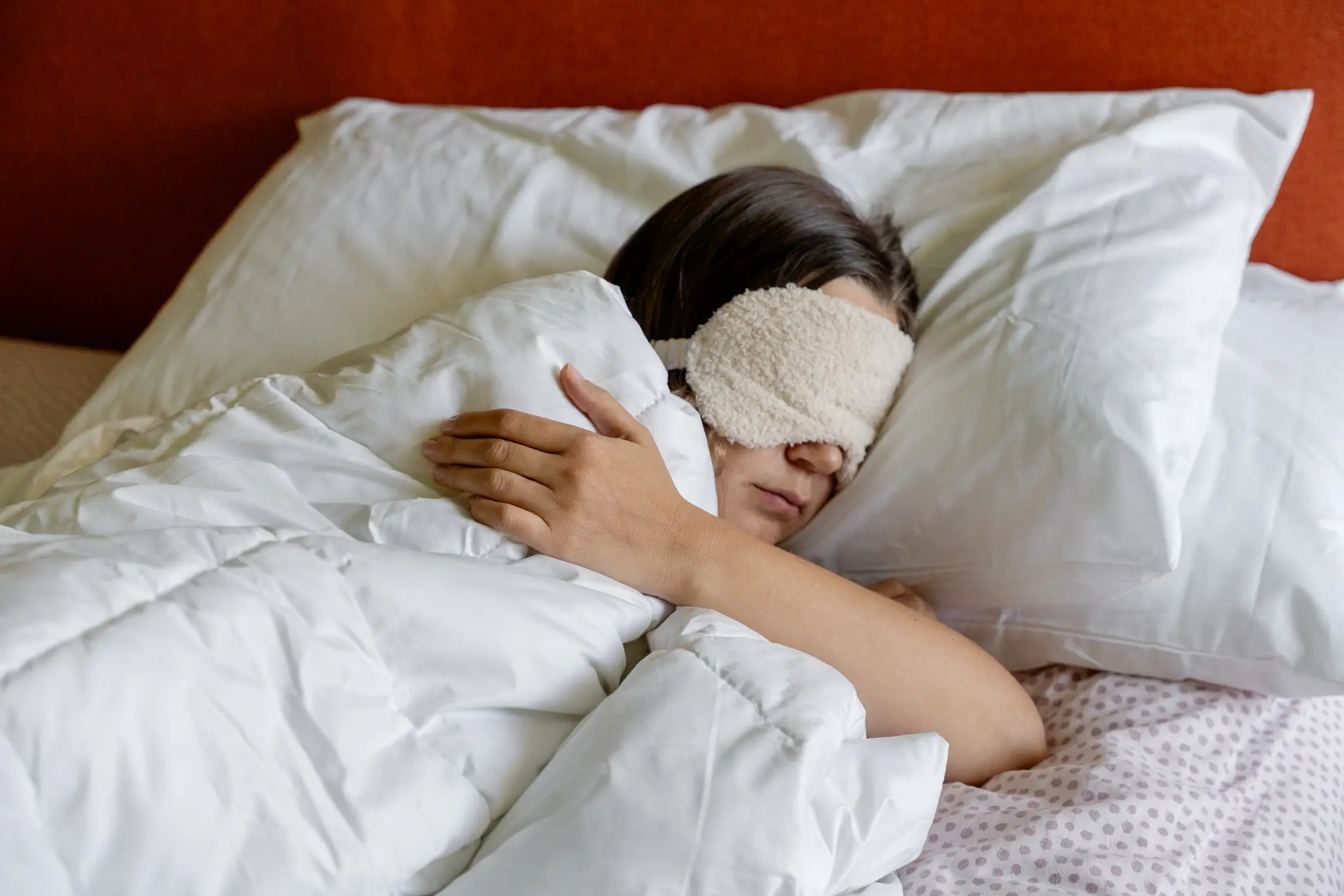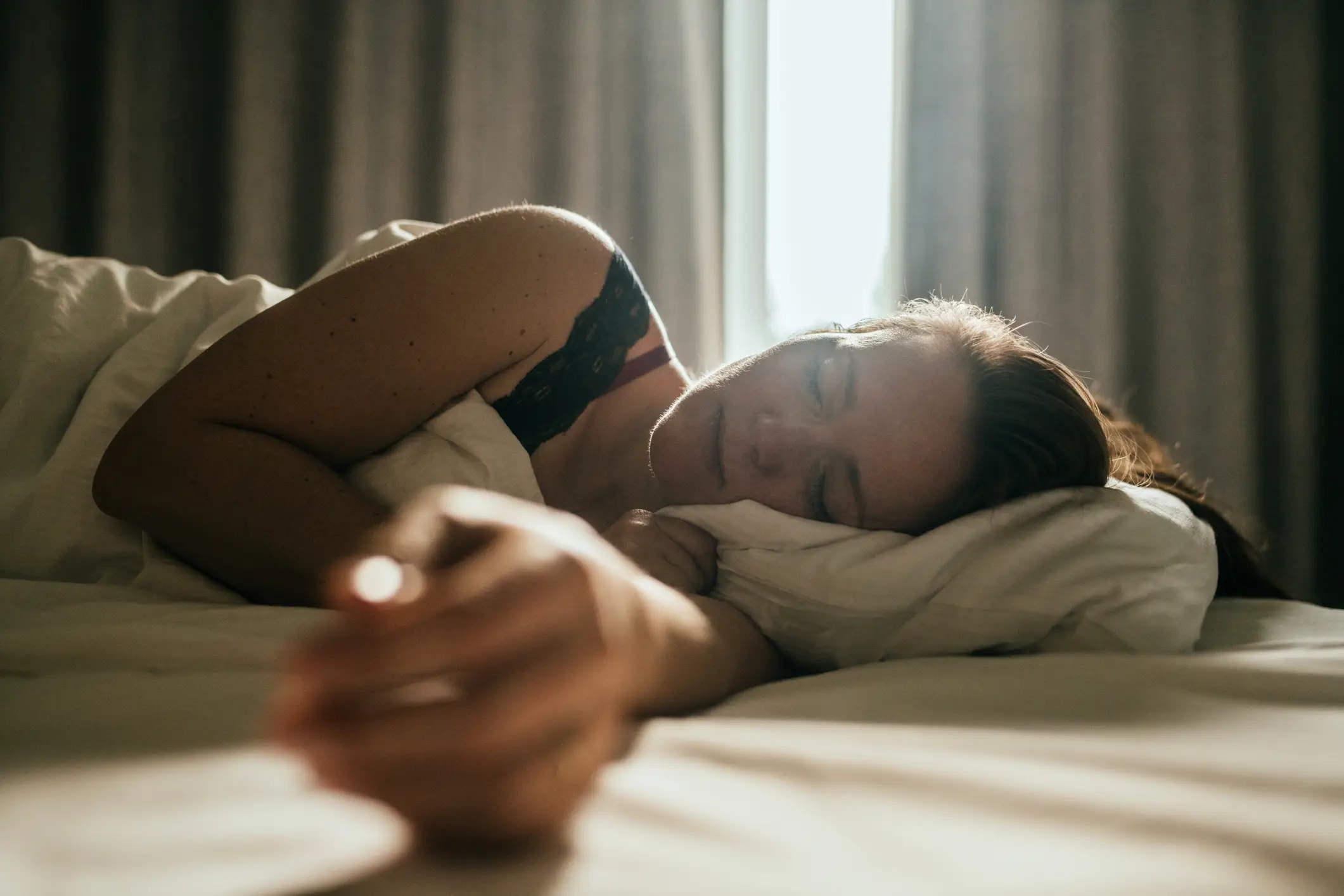
A doctor has revealed the three underlying conditions you could be suffering from if you've been having vivid dreams recently.
If you've been having wild dreams that seem a little out of the ordinary, there could be a reason why.
An extensive study carried out by experts at MattressNextDay recently found that Brits have been experiencing vivid dreams, and even managing to recall every disturbing detail from the night before.

Advert
Even more baffling was the fact that many participants reported experiencing strangely similar dreams, too.
For example, a large proportion of those studied suffered dreams which saw their teeth falling out, while thousands of others had dreamed about a pregnancy.
Meanwhile, others had experienced nightmares about spiders, and some said they'd experienced the sensation of falling.
So, what could it all mean?
Well, one doctor has shed some light, explaining there are three underlying health conditions that can be associated with these types of vivid dreams.
Sleep apnoea
Sleep apnoea is a a sleep disorder that causes breathing to repeatedly stop and start while you sleep.
It can sometimes be treated by making lifestyle changes - such as losing weight, giving up smoking, and reducing alcohol intake - but some sufferers require the use of a CPAP machine, which gently pumps air into your mouth while sleeping.
"Sleep apnoea can disrupt your sleep, making you more likely to wake up during REM sleep, which may result in more vivid or disturbing dream recall," says Dr Seeta Shah, sleep advisor for Panda London.
"It’s always worth discussing frequent vivid dreams with a healthcare professional if they are causing distress or interfering with sleep quality, to rule out any underlying conditions."
Anxiety and depression
Anxiety and depression can also play a part in how we dream.
"Emotional or psychological stress, major life changes, and even dietary factors (such as eating late at night) can all play a role," says Dr Shah.
"In some cases, underlying conditions like depression, anxiety, or even sleep disorders could also contribute to more intense dreaming."

Body clocks being out of whack
The changes to our dreams could also be down to the time of the year, with sleep expert and study overseer Martin Seeley claiming that the changing of the seasons and the October clocks soon going back could serve as an explanation.
"Our internal body clocks must adapt to a new nightly routine," he claimed.
"As the days become shorter and darkness descends earlier, our melatonin production, the hormone responsible for sleep, increases. This adjustment can influence the frequency and vividness of our dreams."
Topics: Health, Sleep, Science, Mental Health